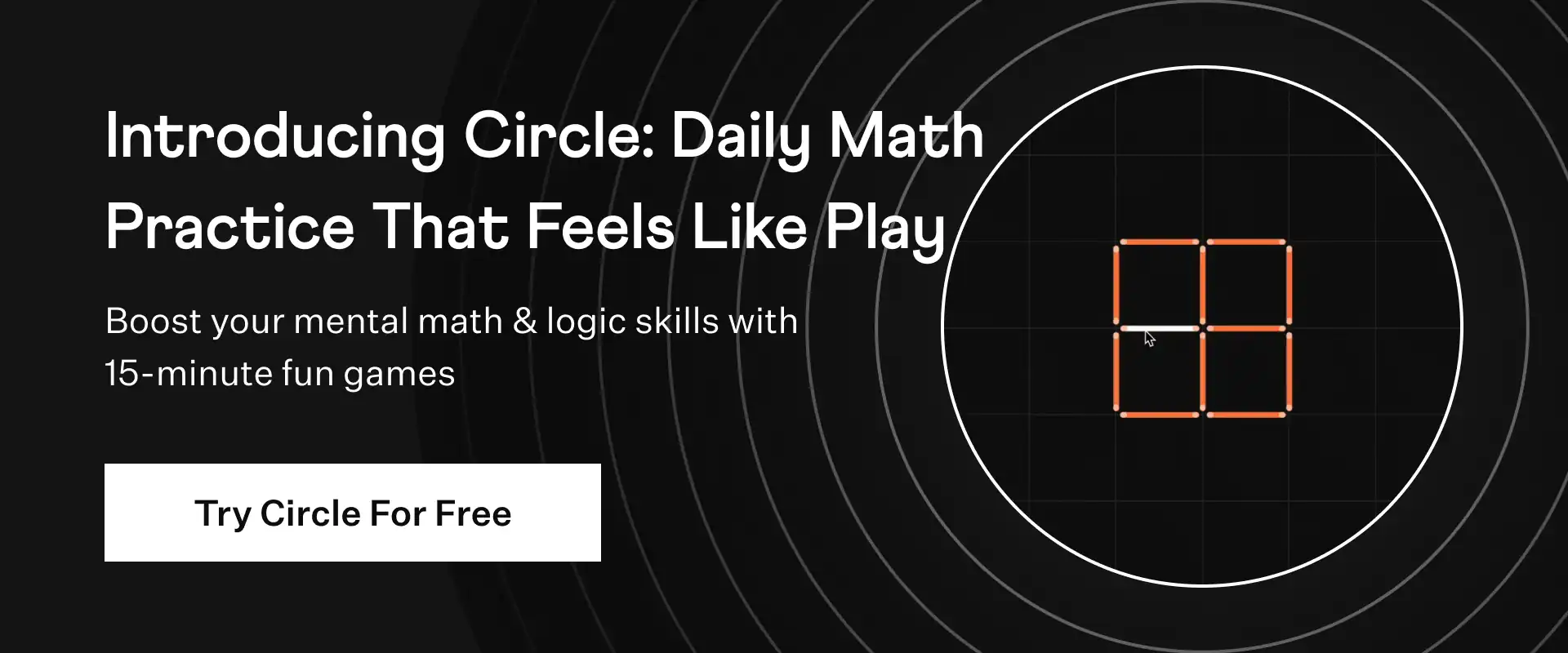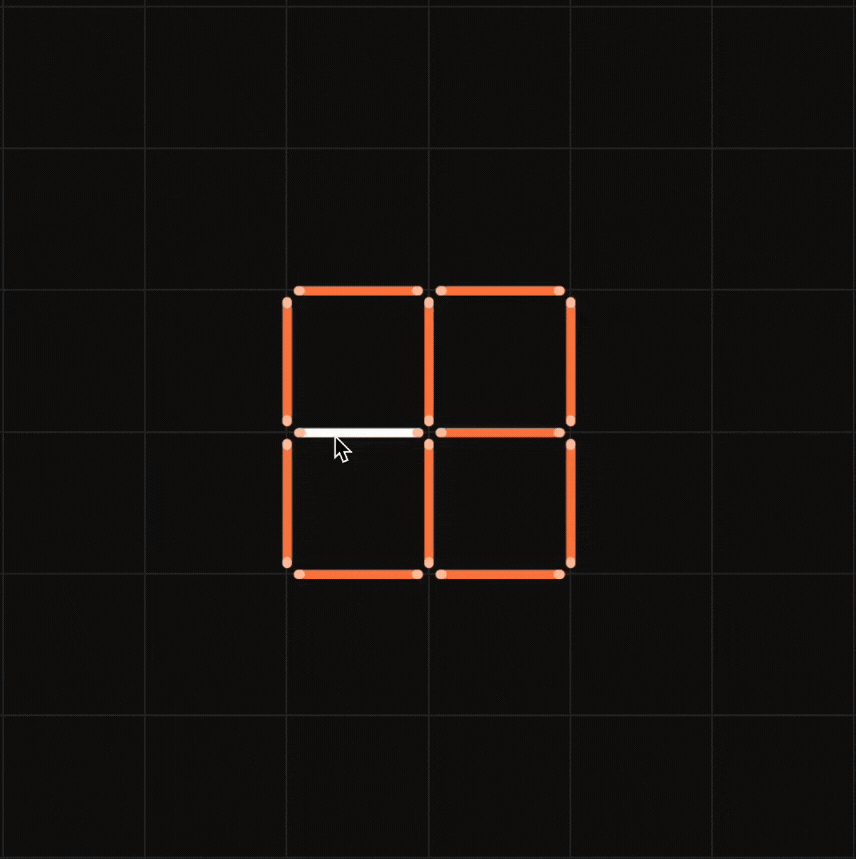

Is 0.3 the multiplicative inverse of 313? Why or why not?
Solution:
The reciprocal of a given rational number is known as its multiplicative inverse. The product of a rational number and its multiplicative inverse is 1.
0.3 can be written as 3/10.
We know that,
313 can be written as 10/3.
3/10 × 10/3 = 1
Yes, 0.3 is the multiplicative inverse of 313 since 3/10 × 10/3 is equal to 1.
Thus, by using the multiplicative identity property, we conclude that 0.3 is the multiplicative inverse of 313
☛ Check: NCERT Solutions for Class 8 Maths Chapter 1
Video Solution:
Is 0.3 the multiplicative inverse of 313? Why or why not
NCERT Solutions Class 8 Maths Chapter 1 Exercise 1.1 Question 9
Summary:
By using the multiplicative identity property, we conclude that 0.3 is the multiplicative inverse of 313
☛ Related Questions:
- Name the property under multiplication used in each of the following: (i) -4/5 × 1 = 1 × -4/5 = -4/5 (ii) -13/17 × -2/7 = -2/7 × -13/17 (iii) -19/29 × 29/-19 = 1
- Multiply 6/13 by the reciprocal of -7/16. The multiplicative inverse of a number is defined as a number which when multiplied by the original number gives the product an identity
- Tell what property allows you to compute 1/3 × (6 × 4/5) as (1/3 × 6) × 4/3? The Associative property tells us that we can add/multiply the numbers in an equation irrespective of the grouping of those numbers.
- Is 8/9 the multiplicative inverse of -1 (1/8)? Why or why not?
Math worksheets and
visual curriculum
visual curriculum